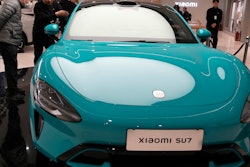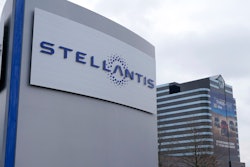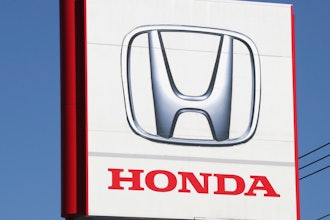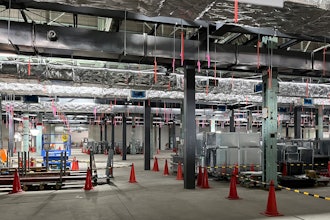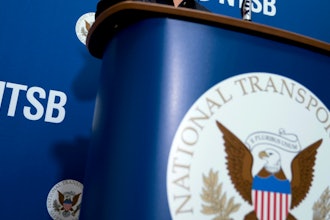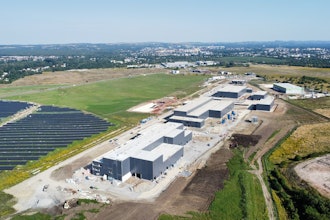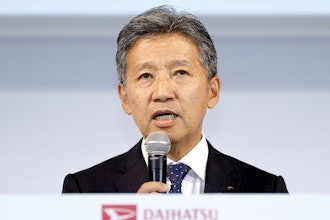This week we have a winner who has set their sights on new factories and growth, while the loser has become the focus of statewide bans and legal resistance.
Winner
After three years of self-imposed down-time following recall troubles, the Japanese automaker Toyota has finally announced plans to pursue new factories in Mexico and expansion plans for existing factories in China and Canada.
Toyota announced on Wednesday that they would be investing $1 billion dollars in a new plant in Guanajuato, Mexico, that would begin assembling Toyota Corolla vehicles as early as 2019. The new facility will create 2,000 new jobs and will produce 200,000 cars a year.
“Our next-generation production facility in Mexico will be a model for the future of global manufacturing and set a new standard for innovation and excellence," said Toyota North American CEO Jim Lentz.
The new Guanajuato plant will also alter production in Canada. Once production in the new Mexican facility begins, production in the Cambridge, Ontario facility will shift to mid-sized, higher-value vehicles.
In addition to these changes, Toyota announced plans to add a third assembly line in its Guangzhou factory in China. This will result in an approximate investment of $440 million.
Loser
This week, “Manufacturing’s Loser” goes to none other than the powdered alcohol company, Palcohol. Though the company was able to secure federal approval last month, this week has been marked by resistance on the state level across the U.S.
"We're all trying to get our laws in place before it hits the shelves, and he wants to get it on the shelves as quickly as possible to demonstrate that it's not a problem," explains Maine Rep. Mick Devin of Palcohol founder Mark Phillips.
According to the Associated Press, six states have already banned the powdered alcohol, and lawmakers in 30 states have already begun introducing bills to prohibit its sale.
Critics are mostly vocally protesting the new product on the grounds that it will be harder to control and could result in more incidences in underage drinking, as well as simply unsafe drinking — as people may unknowingly mix stronger drinks than they intended. U.S. Senator Chuck Schumer spearheaded a bill to eliminate the production and sale of the product calling it “Kool-Aid for underage drinking.”
Though Phillips seems confident about the future of his product, citing ignorance for people’s resistance, and touting the historical ineffectiveness of prohibition as reasons resistance will be ineffective. I can’t help but think it might be for the best if powdered alcohol didn’t hit the shelves, and lawmakers seem to agree with me on this one.






